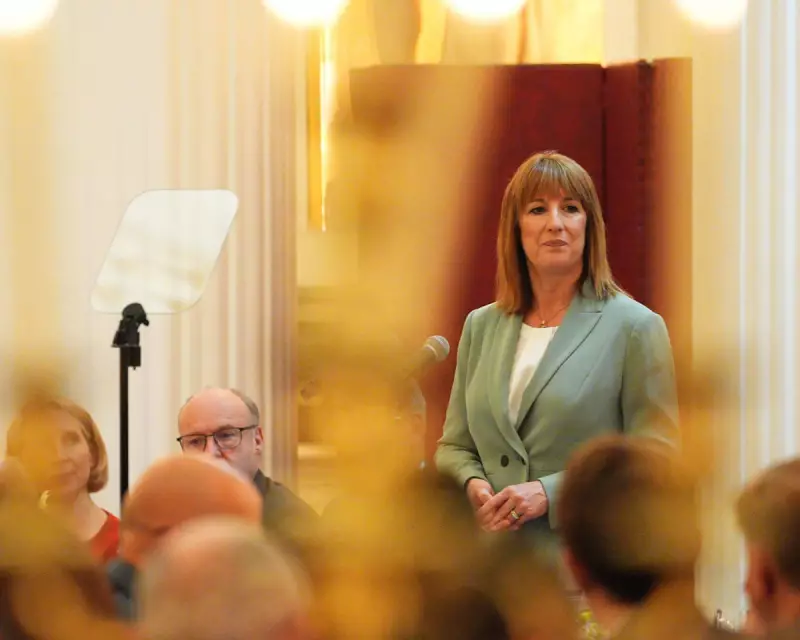
Chancellor Rachel Reeves has set out a radical vision for Britain's economic future, placing deregulation and collaboration with City bosses at the heart of her strategy. The move has ignited fierce discussions among policymakers, business leaders, and the public.
A New Direction for Britain's Economy
Reeves' plan marks a significant shift in economic policy, with a clear emphasis on reducing regulatory burdens to stimulate growth. The Chancellor argues that this approach will make the UK more competitive on the global stage while creating opportunities for businesses and workers alike.
City Leaders Welcome the Changes
Prominent figures in the financial sector have largely welcomed the proposals, seeing them as a much-needed boost for the City of London. "This is exactly the kind of bold thinking we need," commented one banking executive who asked to remain anonymous.
Critics Voice Concerns
However, not everyone is convinced. Some economists warn that excessive deregulation could lead to instability, while trade unions express concerns about potential impacts on workers' rights. "We mustn't throw the baby out with the bathwater," cautioned a leading trade union representative.
What This Means for Britain
The Chancellor's strategy represents a fundamental rethinking of the UK's economic approach post-Brexit. Key elements include:
- Streamlining business regulations
- Enhancing the City's global competitiveness
- Creating a more flexible labour market
- Attracting foreign investment
As the debate continues, all eyes will be on how these policies translate into real-world economic performance in the coming months.





